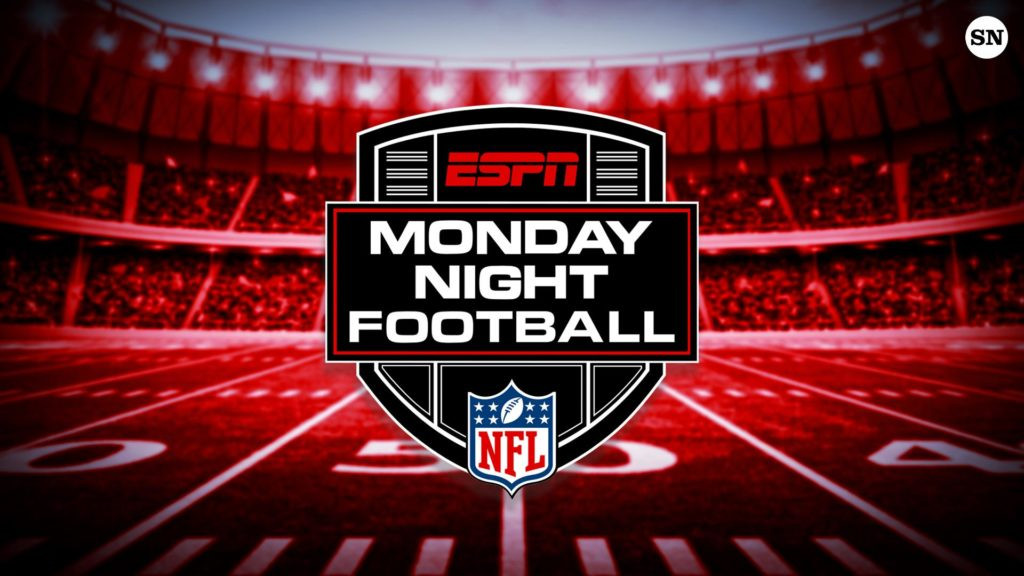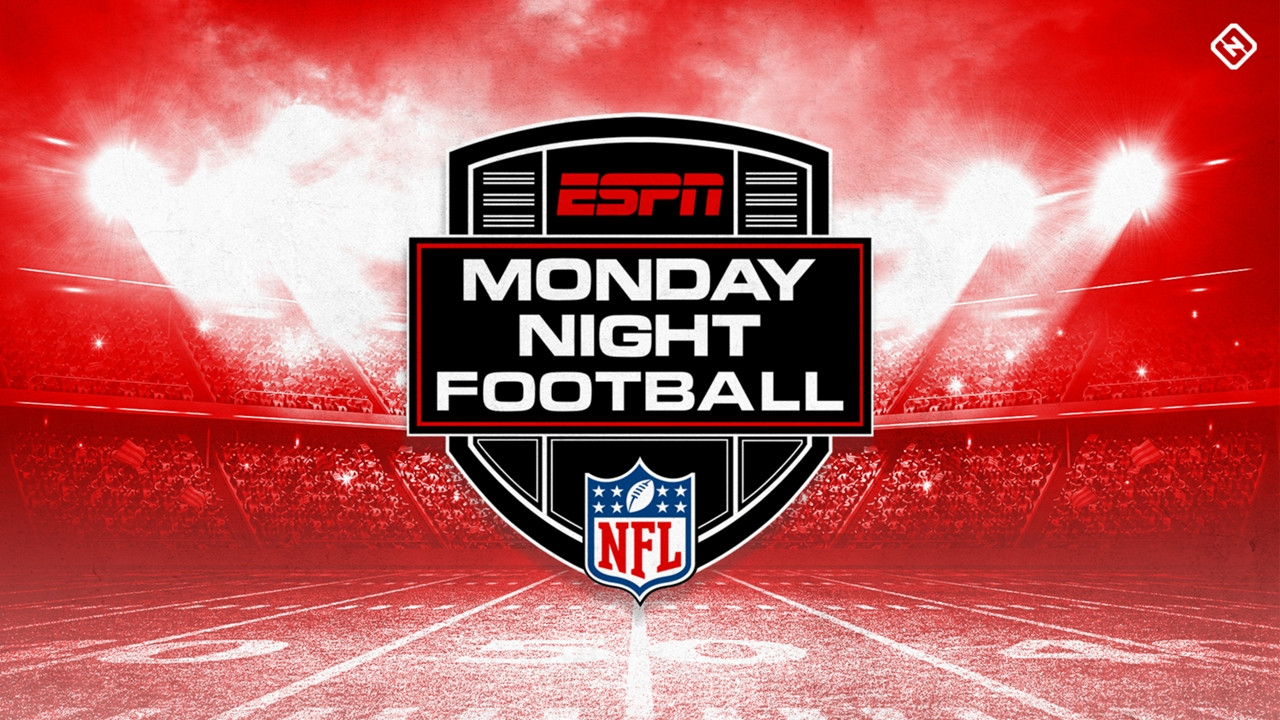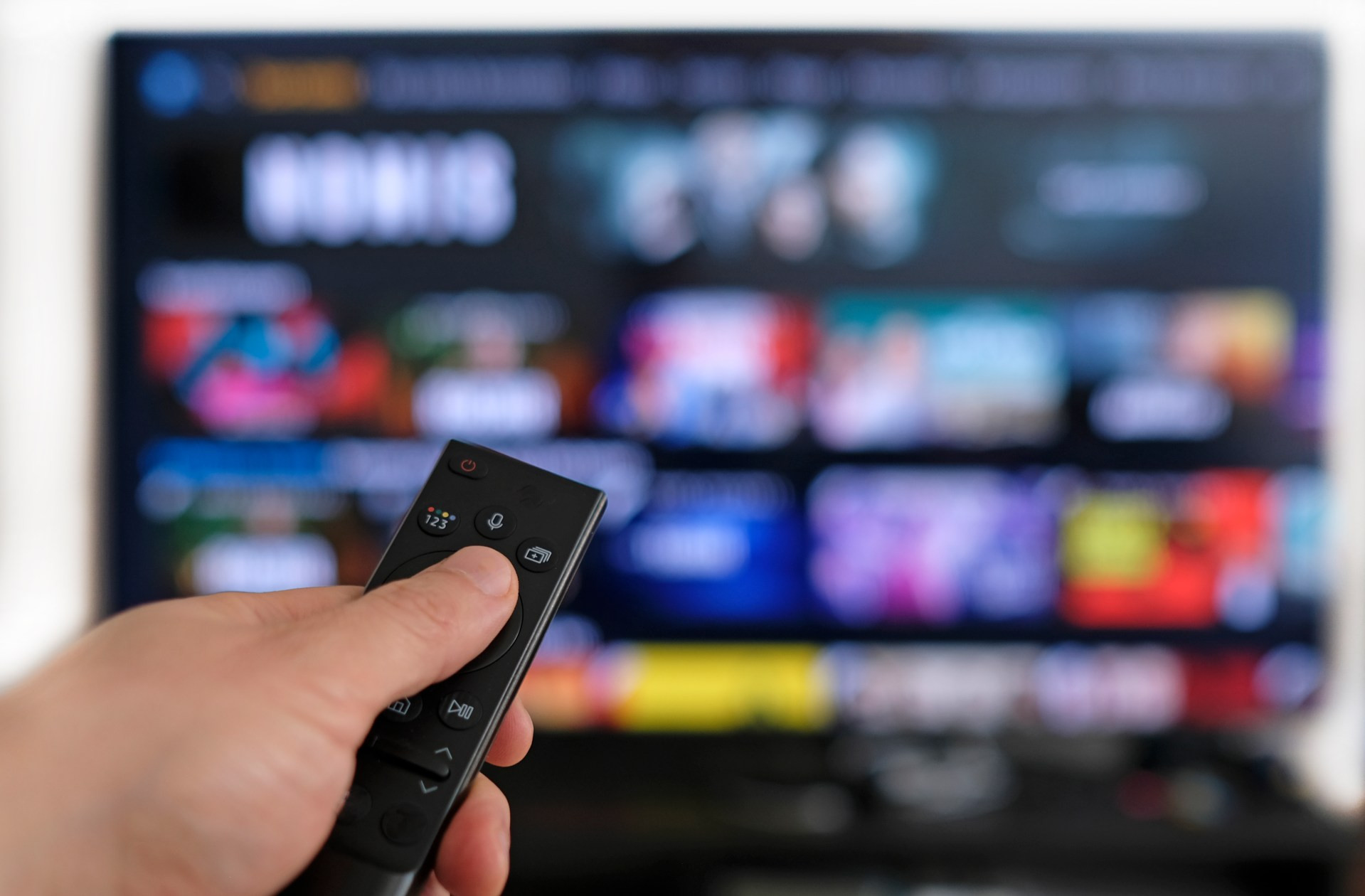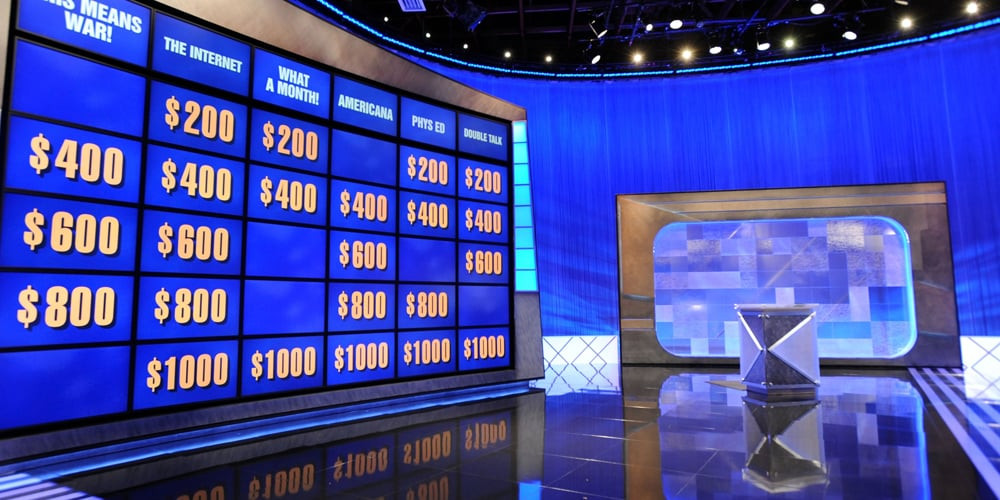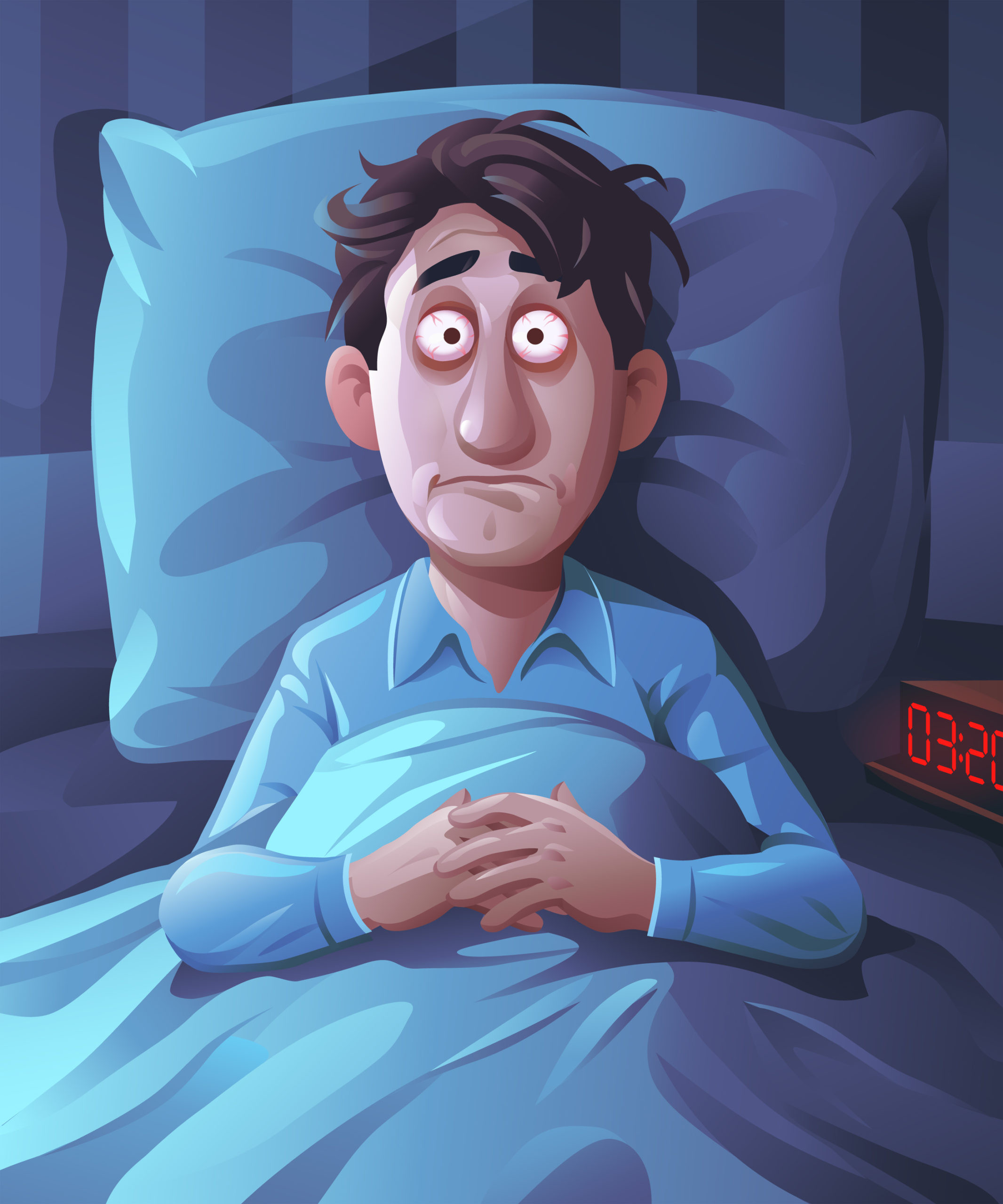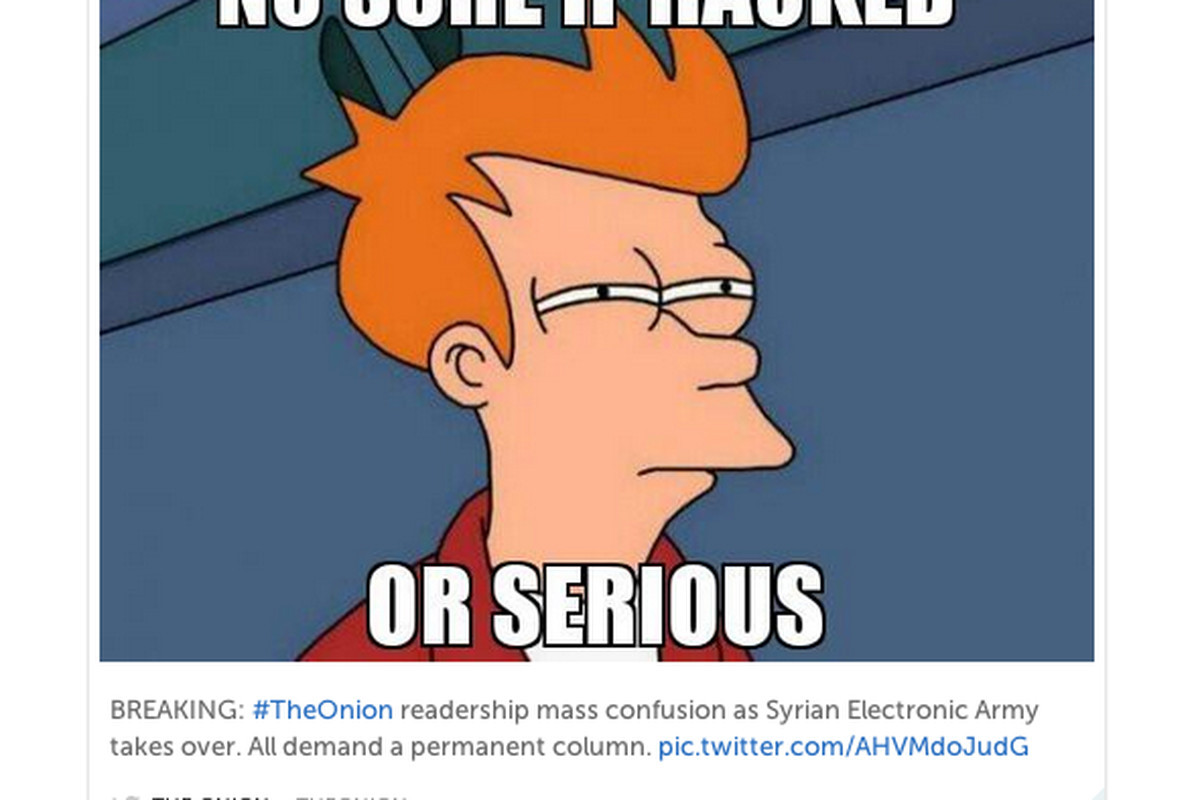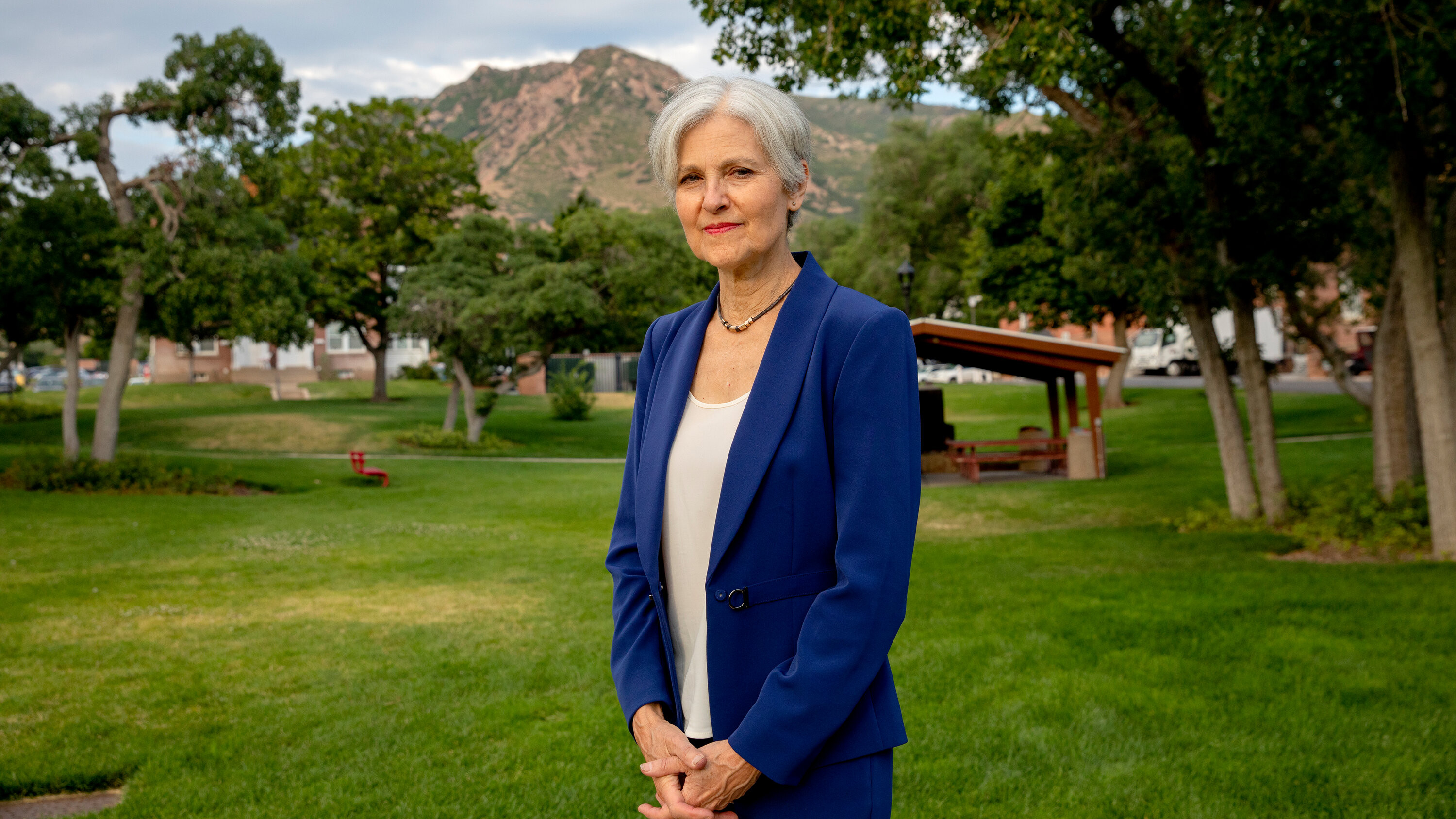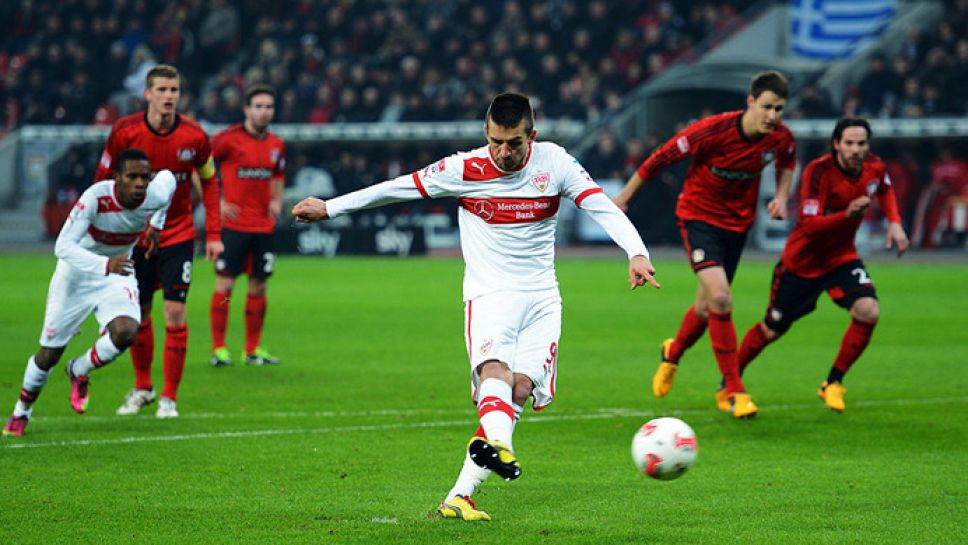A contract dispute between Disney (DIS) and DirecTV continued on Monday after the media giant pulled its owned and operated channels, including ESPN and ABC, off DirecTV last week. The media blackout has already affected the start of the NFL and college football seasons. In addition to ESPN, other Disney Entertainment channels affected include the Disney Channel, Freeform, National Geographic, and local news stations on the ABC network.
The crux of the issue? DirecTV doesn't want to carry (and pay for) all of those channels. It wants a "skinnier" bundle, something the media companies themselves have begun to experiment with amid steep declines in linear television viewership as more subscribers cut the cord and opt for streaming services.
The dispute is similar to last year's media blackout between Disney and broadband provider Charter Communications (CHTR), which fought to include more of Disney's streaming options into its bundled offerings. The two sides eventually reached an agreement in which Charter would offer some Disney streaming services — the ad-supported version of Disney+, ESPN+, and ESPN's yet-to-be-launched direct-to-consumer offering — as part of select cable packages at no additional cost to the consumer.
But it's a different set of negotiating chips this time around. "What makes it different is DirecTV does not have a broadband distribution business that they can somehow align this with," Macquarie analyst Tim Nollen told Yahoo Finance. "They're dependent entirely on the pay TV ecosystem, and Disney is playing hardball with them because they can."
In other words, DirecTV, which boasts over 11 million subscribers, can't offer streaming packages as part of its bundles. That makes the satellite cable provider less powerful in its negotiations with Disney. "Charter could come up with cross-selling options across broadband packages," Nollen explained. "They could put together this combination of linear channels with streaming for their paid TV subscribers, whereas DirecTV is the satellite provider."
"They don't have the same flexibility in terms of how to get the content to consumers across a broadband connection. Without that, I think DirecTV is more limited in what they can offer."
But the company is still trying to fight back, providing a one-time $20 credit to customers in an attempt to minimize subscriber churn, along with a $30 credit toward Dish's Sling or Fubo streaming packages — both of which carry ESPN's full suite of networks. And over the weekend, DirecTV filed a complaint with the Federal Communications Commission, alleging Disney has not negotiated in good faith.
"Disney has violated the FCC’s good faith mandates by predicating any licensing agreement on DirecTV's waiving any legal claims on Disney’s past, current, or future anticompetitive actions, including its ongoing packaging and minimum penetration demands," the company said in a statement.
Nollen said the move symbolizes DirecTV's desire to "reset market expectations" when it comes to how other pay TV businesses can negotiate with media companies like Disney in the future.
"They're saying, look, the world has changed. Others have these options out there. We should have options that include smaller packages as well," he said.
To that point, Disney itself has partnered with competitors Fox (FOX) and Warner Bros. Discovery (WBD) to launch a "skinny" sports bundle, known as Venu Sports. A judge temporarily blocked the launch of the service last month on antitrust concerns. The three companies have since appealed the decision.
Outside of Venu, Disney also plans to launch a fully over-the-top ESPN streaming service in fall 2025. "They're creating their own skinny bundles," Nollen said. "That is something that they would prefer to run and manage and control themselves."
But it's still in Disney's best interest to strike a deal, according to the analyst. "Disney would be losing all of those eyeballs [if a deal is not reached by the start of Monday night's football game.] And then there's all that advertising demand that gets unmet," he said. "So it becomes a problem for Disney as well but DirecTV probably more so [because] for Disney there are other distribution options."
On Monday, Disney said it continues to negotiate with DirecTV to restore content as soon as possible. It said it has urged DirecTV "to stop creating diversions and instead prioritize their customers by finalizing a deal that would allow their subscribers to watch our strong upcoming lineup of sports, news and entertainment programming, starting with the return of ‘Monday Night Football.’"
But as the minutes ticked closer to Monday night's game, it was clear this moment signals a much larger turning point for the industry at large.
"Pay TV distributors are getting more desperate," Nollen said. "The number of subscribers is accelerating further down, and this event, losing Disney and ESPN, arguably the most important piece of content that they can have, would be really bad for DirecTV to lose."
DirecTV's FCC Complaint
DirecTV filed a complaint Saturday with the Federal Communications Commission alleging Disney did not negotiate in good faith as the two sides remain at an impasse on a distribution deal.
“Disney has violated the FCC’s good faith mandates by predicating any licensing agreement on DIRECTV’s waiving any legal claims on Disney’s past, current, or future anticompetitive actions, including its ongoing packaging and minimum penetration demands,” a DirecTV spokesperson told CNN on Sunday.
In the 10-page complaint, DirecTV claimed the negotiations stalled because, “Disney insists on bundling and penetration requirements that a federal district court judge in New York recently found in the context of the ‘Venu’ joint venture to be unlawful, anticompetitive, and ‘bad for consumers.’”
On August 16, a federal judge temporarily blocked the launch of Venu Sports, a joint sports streaming venture from Disney, Fox Corporation and Warner Brothers Discovery after Fubo, a sports streaming service, filed a lawsuit against the media giants. Warner Brothers Discovery is the parent company of CNN.
More than 11 million subscribers have been affected by Disney pulling its ABC stations, ESPN and other cable networks from DirecTV’s lineup last week. The blackout came ahead of the upcoming presidential debate on ABC between Kamala Harris and Donald Trump, the final rounds of US Open tennis and the start of the NFL season. ESPN owns the broadcast rights to “Monday Night Football,” which will be blacked out for DirecTV subscribers unless a deal is reached.
“We continue to negotiate with DirecTV to restore access to our content as quickly as possible,” a Disney spokesperson told CNN on Sunday. “We urge DirecTV to stop creating diversions and instead prioritize their customers by finalizing a deal that would allow their subscribers to watch our strong upcoming lineup of sports, news and entertainment programming, starting with the return of Monday Night Football.”
Who Is Missing What?
DirecTV subscribers have been blacked out of Disney’s owned-and-operated ABC local stations in six major media markets — New York, Los Angeles, Chicago, Philadelphia, Houston and San Francisco — as well as the smaller markets of Fresno, California, and Raleigh, North Carolina. The opening game for “Monday Night Football” features the New York Jets and San Francisco 49ers. In 2023, the first “Monday Night Football” game — a matchup between the Buffalo Bills and the Jets — drew 22.64 million viewers, its biggest audience of the ESPN era, which dates back to 2006.
The blackout also includes ESPN’s suite of channels and the Disney Channel, Disney Jr., FX and National Geographic.
What It Means for the Future of Television
The battle between DirecTV and Disney is just the latest example of a growing trend in the media industry: the decline of the traditional cable bundle. As more and more consumers cut the cord and opt for streaming services, pay-TV providers are struggling to stay relevant.
In order to survive, these providers need to find ways to offer their customers more value. This means negotiating better deals with media companies like Disney, and being more flexible in their programming packages.
If DirecTV and Disney can't reach a deal soon, it could have a significant impact on both companies. DirecTV could lose even more subscribers, while Disney could see its advertising revenue decline. The outcome of this dispute could have a ripple effect on the entire industry, as other pay-TV providers look to follow suit and offer more flexible packages. The future of television is changing, and this dispute is just the latest example of how that change is playing out.
How to Watch Monday Night Football without DirecTV
DirecTV customers who are missing out on Monday Night Football can still watch the game by subscribing to a streaming service like Fubo or ESPN+. Fubo offers a free trial, while ESPN+ costs $9.99 per month.
Both services offer a variety of live sports programming, including NFL games. These services are a good option for cord-cutters who want to watch live sports without having to pay for a traditional cable subscription.
A Look Back at ESPN's Power in the Pay-TV Industry
Live sports continue to attract big audiences and, in turn, high media rights deals, which in turn have created some of the most expensive networks on TV. ESPN is said to reap some of the highest fees paid by pay-TV companies to carry the network and its sister channels, CNBC previously reported.
Meanwhile, sports have long been considered the glue holding the traditional pay-TV bundle together as customers flee for streaming services. There have been 4 million pay-TV customer losses this year to date, according to a recent MoffettNathanson report.
The Future of the Pay-TV Bundle
The fight between DirecTV and Disney could mark a turning point for the pay-TV industry. As more and more consumers cut the cord and opt for streaming services, pay-TV providers are being forced to adapt.
The days of the traditional cable bundle are numbered, and pay-TV providers need to find ways to offer their customers more value. This means negotiating better deals with media companies, and being more flexible in their programming packages.
The outcome of this dispute could have a significant impact on the future of television.




